**Note: This page is not affiliated with the official organisers of International Tiger Day. It is a global awareness initiative to promote tiger conservation. For official information about tiger conservation efforts, consider exploring organisations such as WWF or the Global Tiger Forum.
Understanding International Tiger Day in EYFS & KS1
International Tiger Day, celebrated annually on July 29th, is a powerful reminder of the majesty and importance of one of the world's most iconic big cats. It's a global awareness day dedicated to highlighting the plight of wild tigers and galvanising efforts for their conservation.
For early years settings, nurseries, preschools, childminders, and Year 1 and Year 2 classrooms, this day provides a thrilling and impactful theme for exploring wild animals, conservation, and biodiversity. It's about inspiring awe and wonder for these incredible creatures, fostering empathy for endangered species, and understanding the role we all play in protecting our planet's wildlife. This day offers countless planning ideas and inspiration for engaging activities that truly resonate with young minds, making learning about global conservation both captivating and accessible.
Why Is Teaching About Tigers & Conservation Important for Young Children?
Integrating lessons about tigers, other wild animals, and conservation into your practice with young children (aged 0-7) is incredibly important for fostering scientific curiosity, ecological understanding, and a deep appreciation for the natural world. During their early years, children are often fascinated by animals and their diverse habitats.
Biodiversity and Habitats: Learning about tigers introduces children to different animal species and the specific habitats they live in (like forests and grasslands), highlighting the vast array of life on Earth.
Conservation Awareness: It presents a tangible example of an endangered species, helping children grasp the concept that some animals need our protection and why. This fosters an early sense of environmental responsibility.
Empathy and Respect: Understanding the challenges tigers face in the wild cultivates empathy for animals and encourages respectful attitudes towards all living creatures.
Global Connections: Tigers live in various countries, which can open up discussions about different parts of the world, cultures, and shared global responsibilities.
Scientific Inquiry: Exploring tiger characteristics (stripes, roars, diet) can spark curiosity about animal biology, adaptations, and behaviour. Our 'Tiger Pack' is a great starting point for this.
Literacy and Numeracy: Animal themes naturally lend themselves to learning new vocabulary, counting, and data representation, as seen in many of our animal and zoo animal resources.
Engaging Tiger & Animal Activities for International Tiger Day (0-7 Year Olds)
Making International Tiger Day a roaring success is easy with these planning ideas and activities perfect for EYFS and KS1 children. The focus is on discovery, creativity, and celebrating the majestic tiger and other wild animals! Many of these early years and year 1 activities can be supported by the extensive range of printable resources we have available.
Here's some inspiration for bringing the power of the tiger and the importance of conservation into your setting: (Please use your own discretion and knowledge of your children to ensure appropriateness of each activity and safety concerning any materials given and activity undertaken.)
Tiger Art & Craft: Focus on the tiger's distinctive stripes! Provide yellow/orange and black paints or paper for children to create their own tiger art. Our 'Tiger - Colouring (Mindfulness)' and 'Tiger - Stripes Activity' can be utilised alongside this, encouraging focus and creativity.
Tiger & Animal Movement: Encourage children to move like different wild animals. Our 'Zoo Animal Activity Challenge Cards' are great for physical activity and imaginative play.
Counting Tiger Food: Discuss what tigers eat and use our 'Tiger - Food Counting Puzzles' to combine numeracy with the theme of a tiger's diet.
Explore Animal Sounds: Introduce children to the sounds of different wild animals, especially the tiger's roar! Our 'Wild Animal Sounds Mat - Phase 1 Phonics' and 'Animal Sound Mat - Phase 2' (along with 'Animal Sound Cards - Phase 2' and 'Animal Sound Cards - Phase 2 (Colouring)') can be used for fun phonics and auditory discrimination activities.
Zoo Role-Play: Set up a Zoo Dramatic Role Play Pack area! Provide animal masks or puppets (like our 'Zoo Animal Lollipop Puppets' and 'Zoo Animal Lollipop Puppets - Colouring'), and encourage children to pretend to be zookeepers or visitors. Our 'Zoo Animal 2-Piece Puzzles' can be used in this area.
Animal Sorting & Classification: Provide pictures of various animals and ask children to sort them into categories (e.g., wild animals, farm animals, pets). Furthermore, use our 'Animal Sorting Game/Activity' to think about different animal’s diets.
Measure Up with Animals: Use our 'Animal Height Chart Display' to compare children's heights to different animals, or our 'Animal Height Colouring & Drawing' activity for a creative approach to measurement.
Favourite Animal Pictogram: Have children choose their favourite animal and create a simple pictogram using our 'Our Favourite Animals' Pictogram'. This is a great way to introduce data representation.
Animal Word & Alphabet Games: Expand vocabulary using our 'Zoo Animal Word Cards' or 'Animal Picture Snap Cards'. Explore the alphabet with our 'Animal Alphabet Horizontal Flashcards/Posters - Upper & Lower Case' or 'Animal Alphabet/Initial Sound Puzzles'. Our 'Animal Alphabet Multimats - Playdough, Whiteboard & Pen or Loose Parts' offer versatile learning.
Zoo Trip Planning: If a real zoo trip isn't possible, plan a pretend one! Use our 'My Day At The Zoo - Booklet' and 'Zoo (Animal) Checklist' to guide the experience. You can also explore 'Match The Feeding Times - Puzzle' and 'Feeding The Animals - Draw Their Food' to discuss animal care.
Animal Fact Learning: Share simple facts about different zoo animals using our 'Zoo Animal Fact Cards'.
Creative Animal Art: Use our 'Animal Border Sheets (Horizontal)' and 'Animal Border Sheets (Vertical)' for drawing or writing about animals. Our 'Zoo Animal Colouring (with Name & Footprint)' pages offer an engaging activity.
Numeracy with Zoo Animals: Our 'Zoo Animal Counting Display Posters/Flashcards' and 'Zoo Animal Number Slice Puzzles (1-5, 1-10, 0-20) - Full Colour and Colouring Versions' provide diverse ways to practice counting and number recognition.
These activities offer great inspiration for making International Tiger Day a memorable and impactful experience in your early years and Key Stage One setting, fostering a sense of wonder for wild animals and the urgent need for their conservation.
To explore ideas surrounding additional early years events, please visit our 'Special Dates Calendar' page.
Printable resources to support teaching & learning surrounding: ‘International Tiger Day’
Additional Pages you may like to explore which cover relevant &/or Connected themes
More Early Years Event Pages for July
International Tiger Day, celebrated annually on July 29th, is a powerful reminder of the majesty and importance of one of the world's most iconic big cats. It's a…
National Marine Week, running from July 26th to August 10th, 2025 (it spans two weeks, encompassing the highest tides), is a fantastic annual celebration of the…
The Big Butterfly Count is an annual citizen science project organised by Butterfly Conservation, usually running for a few weeks in July and August. It's a fantastic…
World Emoji Day, celebrated annually on July 17th, is a bright and engaging opportunity to explore emotions and communication with young children! It's a…
St. Swithin’s Day, observed annually on July 15th, is a fun and traditional day in the UK, especially suited for exploring weather with young children. According to…
Shark Awareness Day, celebrated annually on July 14th, is a fantastic opportunity to challenge misconceptions about sharks and teach young children about these…
Don’t Step on a Bee Day, observed annually on July 10th, is a charming and important reminder to teach young children about the vital role bees play in our…
International Plastic Bag Free Day, observed annually on July 3rd, is a fantastic opportunity to introduce young children to important environmental concepts…
International Joke Day, celebrated on July 1st each year, is a wonderful opportunity to bring laughter, silliness, and a whole lot of fun into your early…
Explore special dates (including awareness dates, festivals, celebrations & events) relevant to your EYFS & KS1 children
Browse our ‘Special Dates Calendar’ page using the link below. You’ll find calendars for every month of the year to aid your planning!
CLICK HERE to visit our ‘SPECIAL DATES CALENDAR PAGE’ for an entire year of key EYFS & KS1 events, festivals & celebrations.
SEARCH ‘LITTLE OWLS Resources’ USING THE FOLLOWING MENU BUTTONS…
Disclaimer:
This page is for educational purposes only and is intended to support early years and primary practitioners with ideas and resources related to 'International Tiger Day'. We are not affiliated with or endorsed by any official organisers of this specific awareness day. We do not claim any rights to specific trademarks or official materials associated with this day. For general information, please refer to reputable online sources, and for broader tiger conservation efforts, consider exploring resources from organisations such as WWF or the Global Tiger Forum.










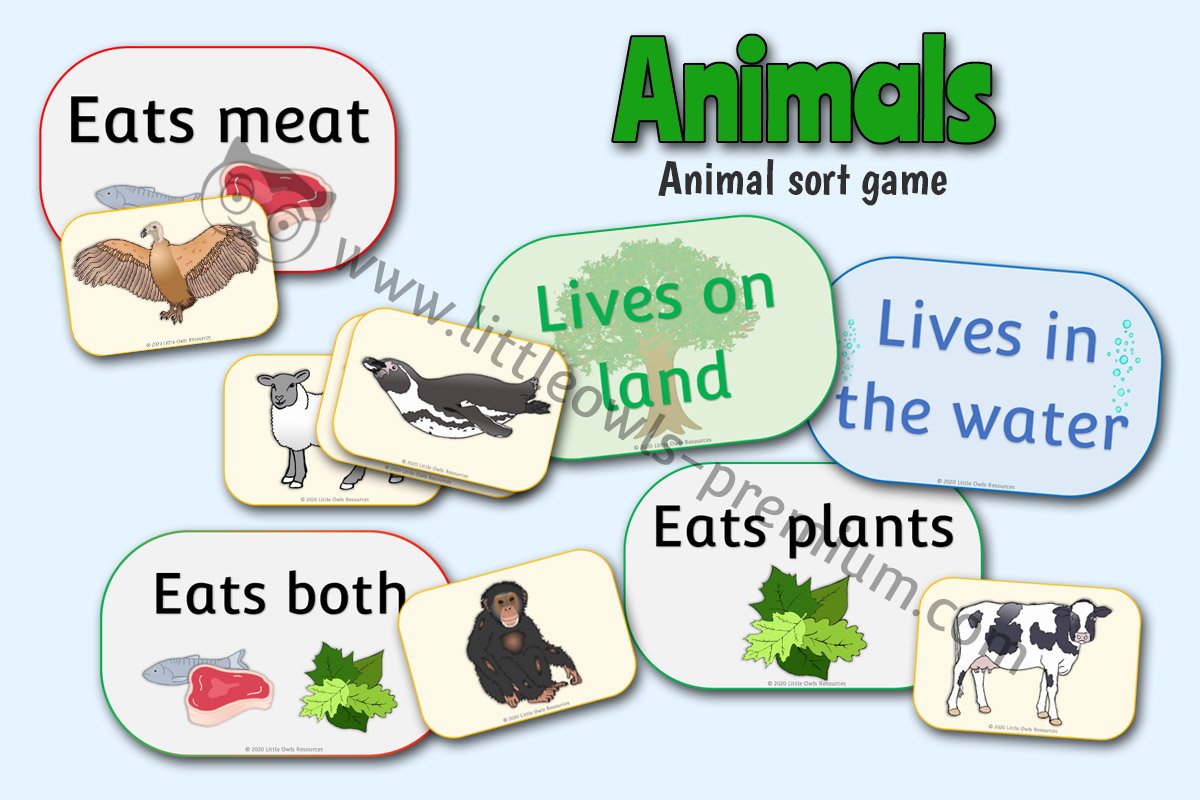


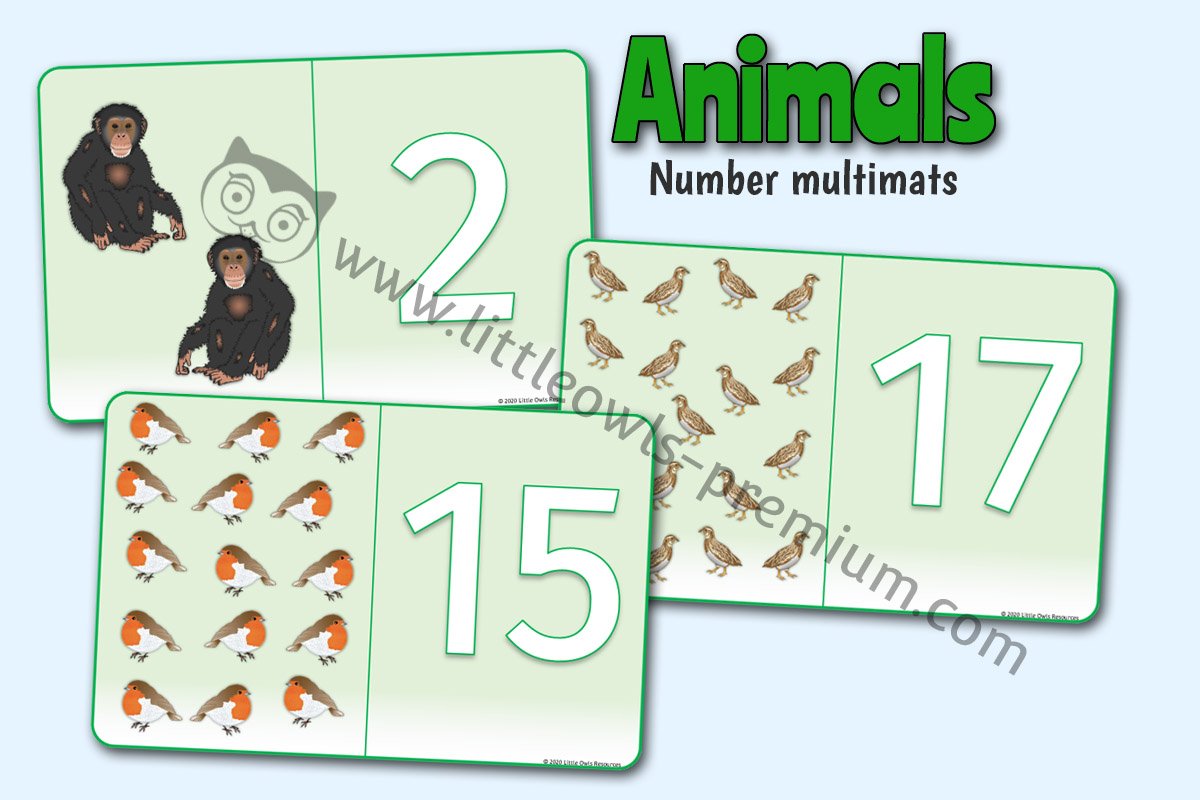










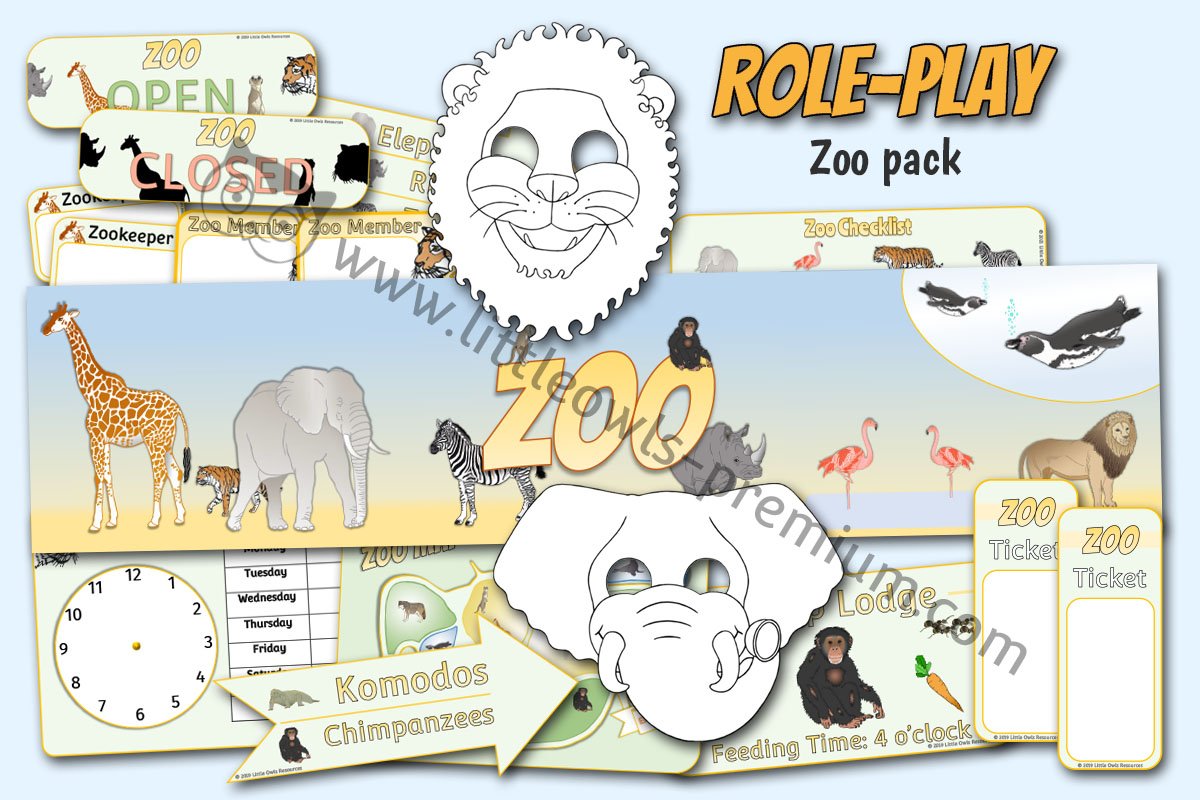
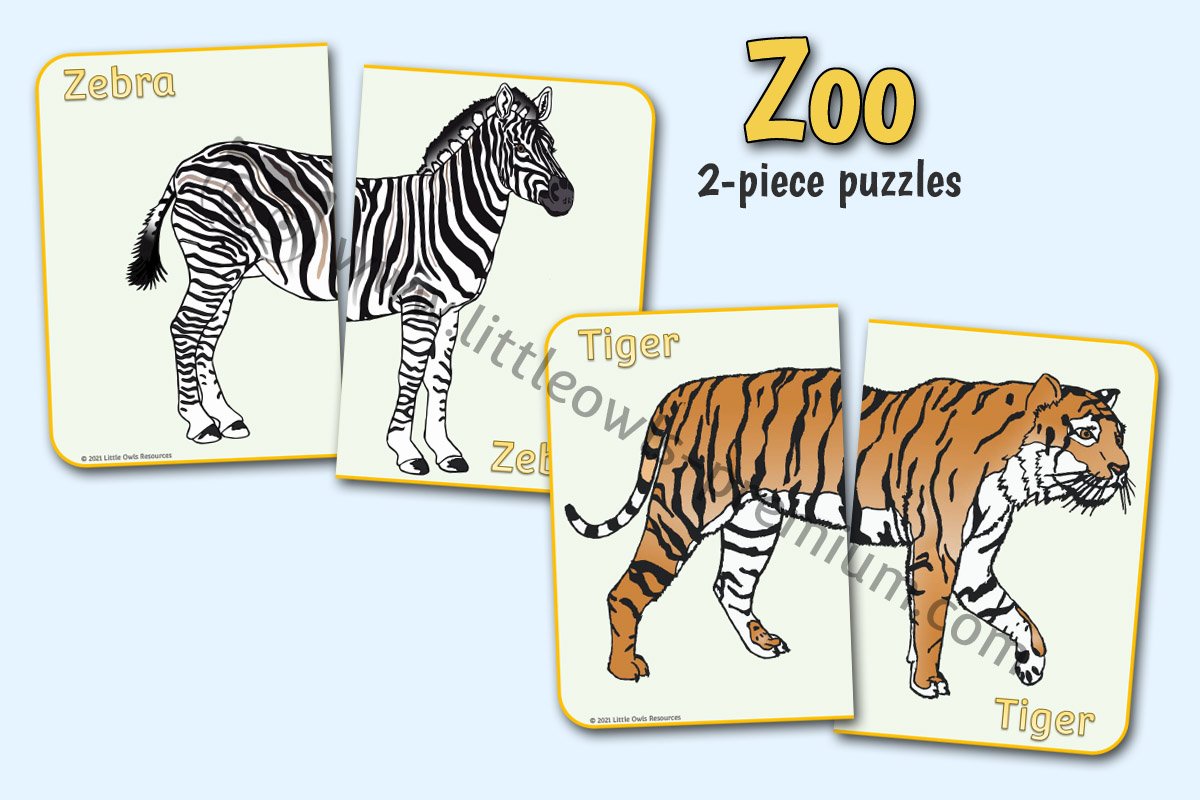
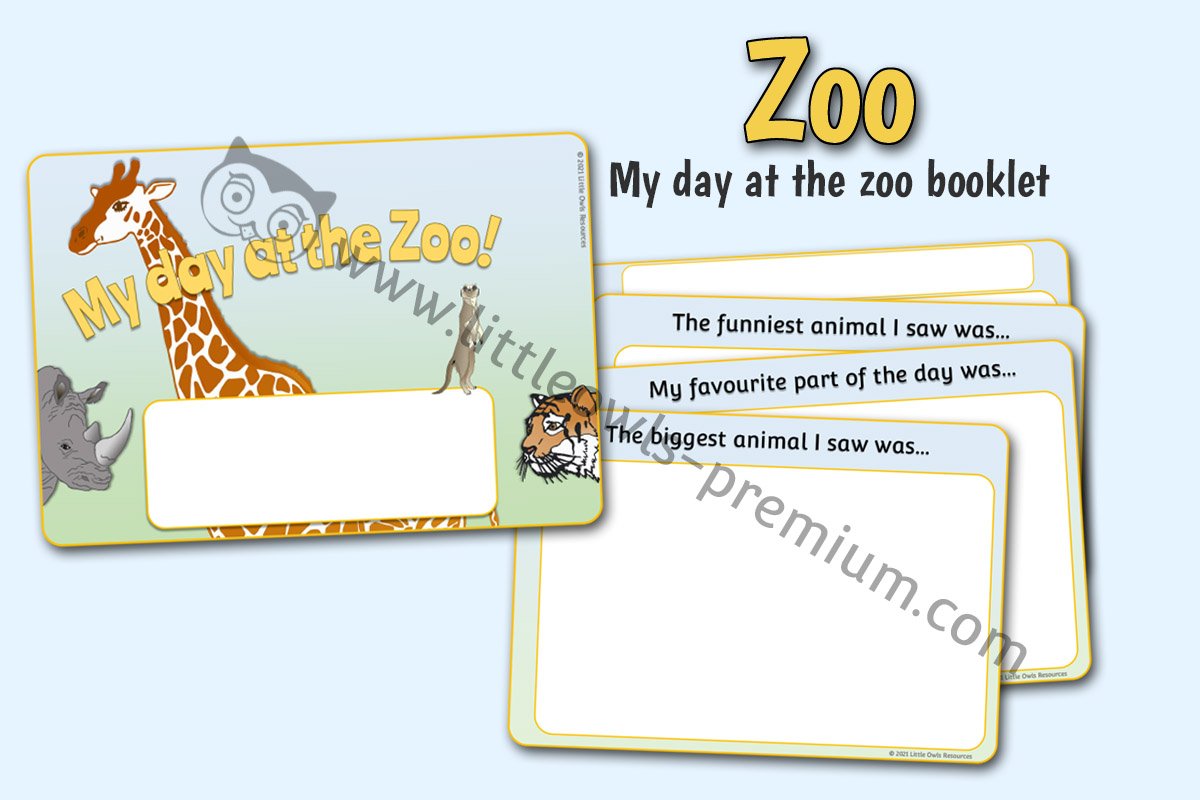
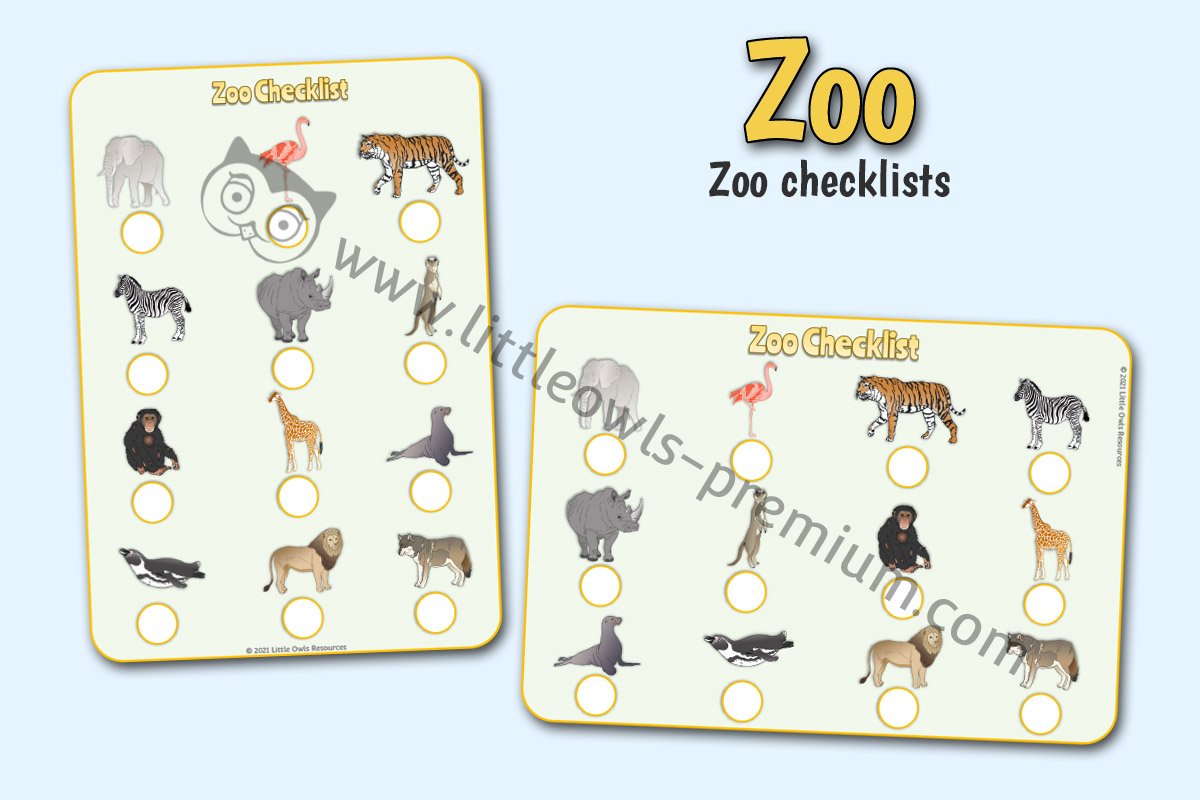

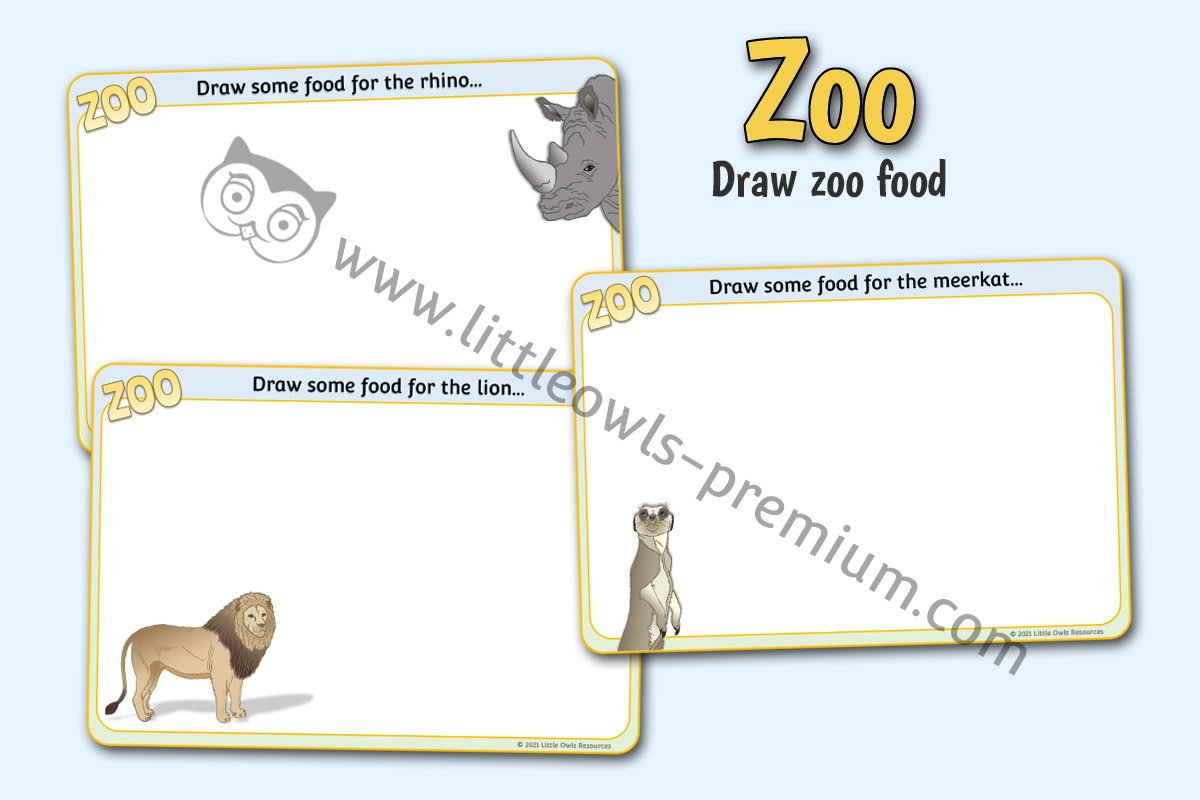


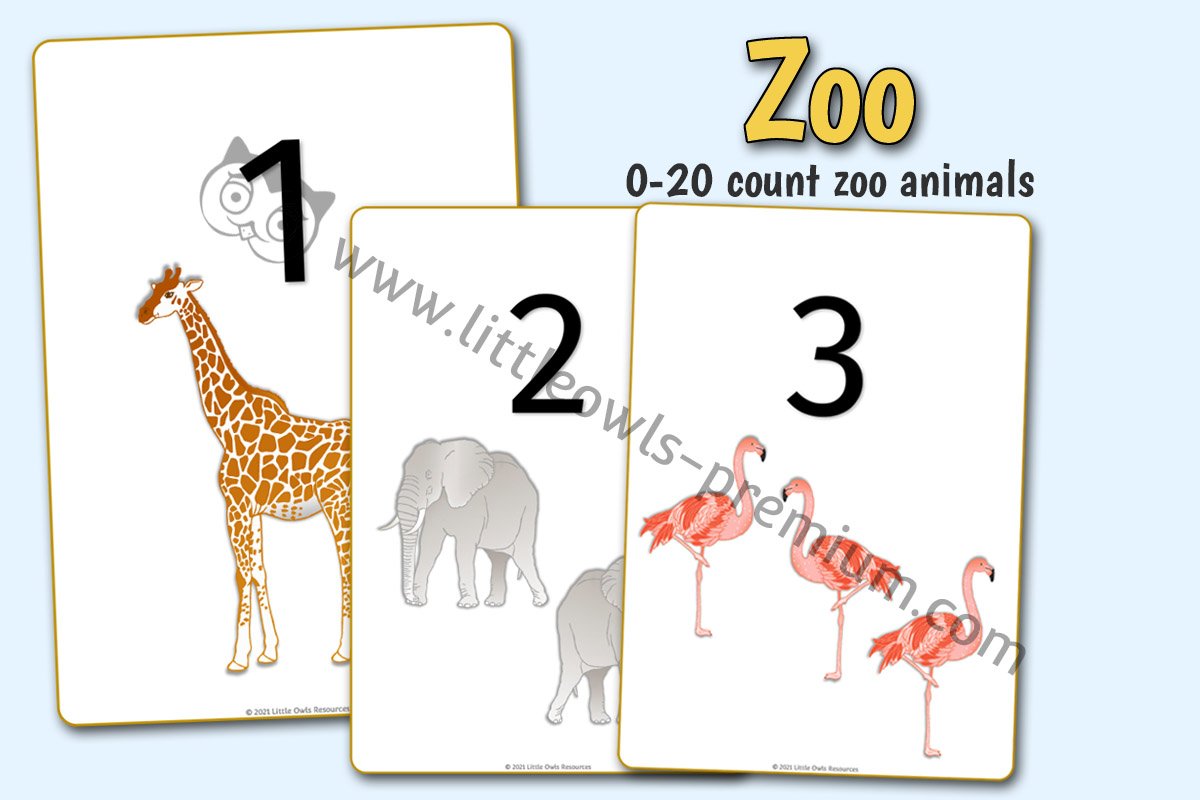
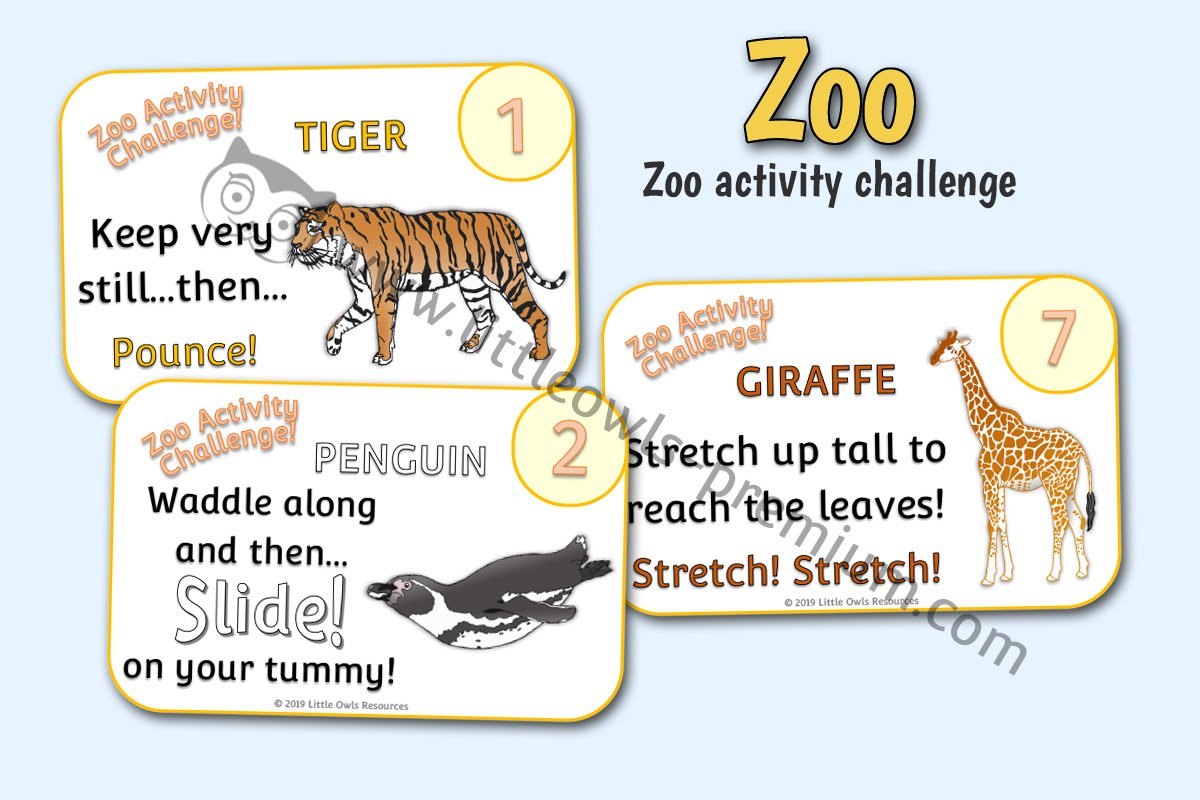
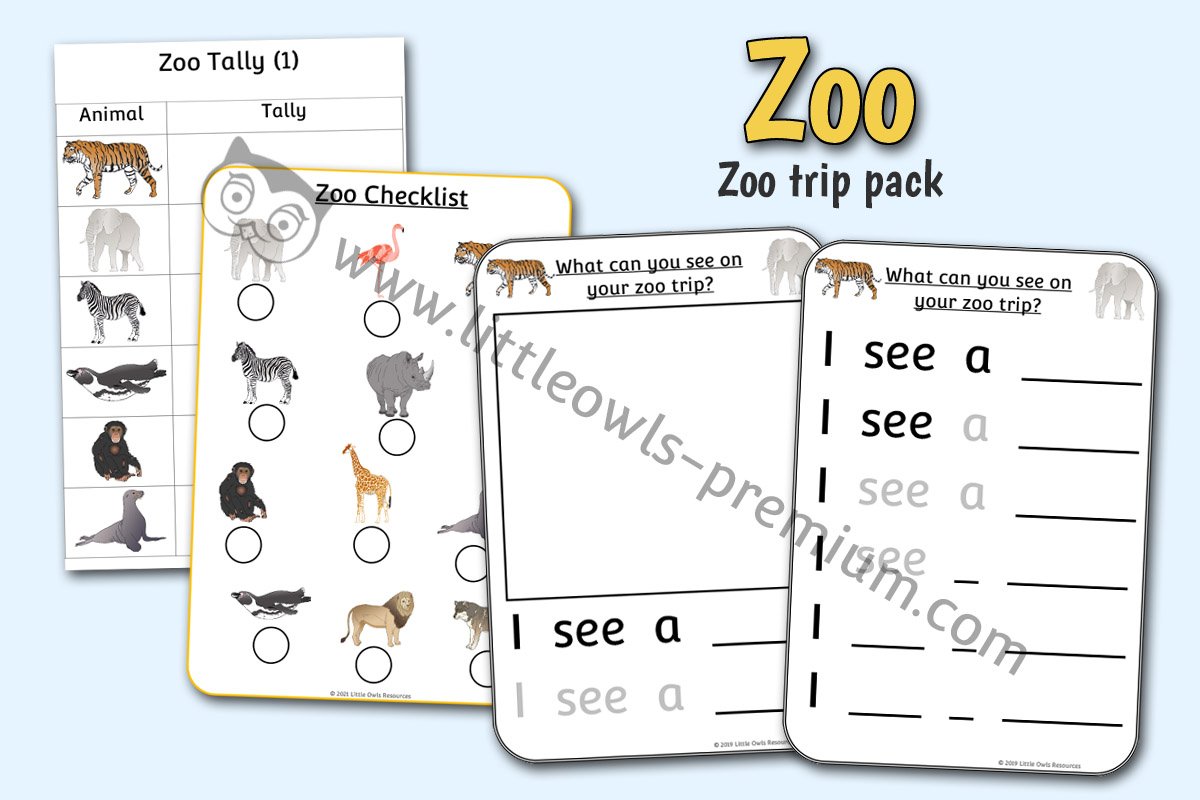
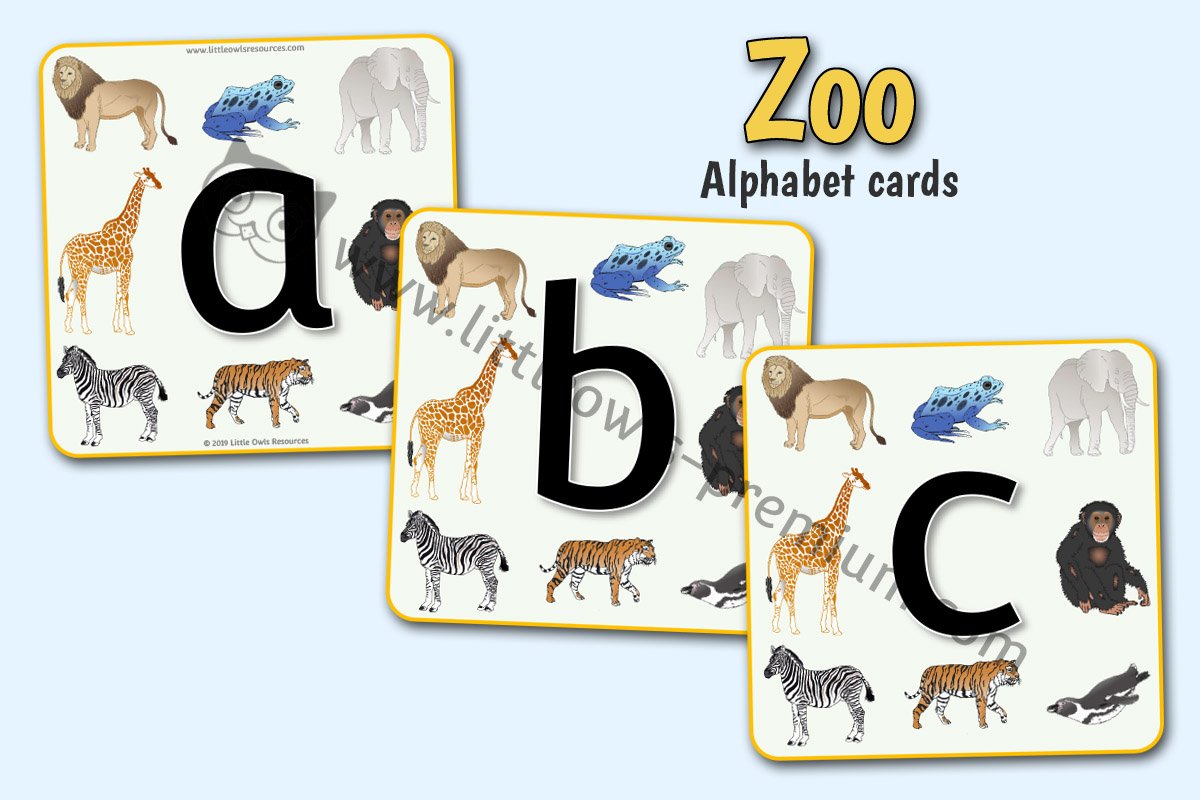

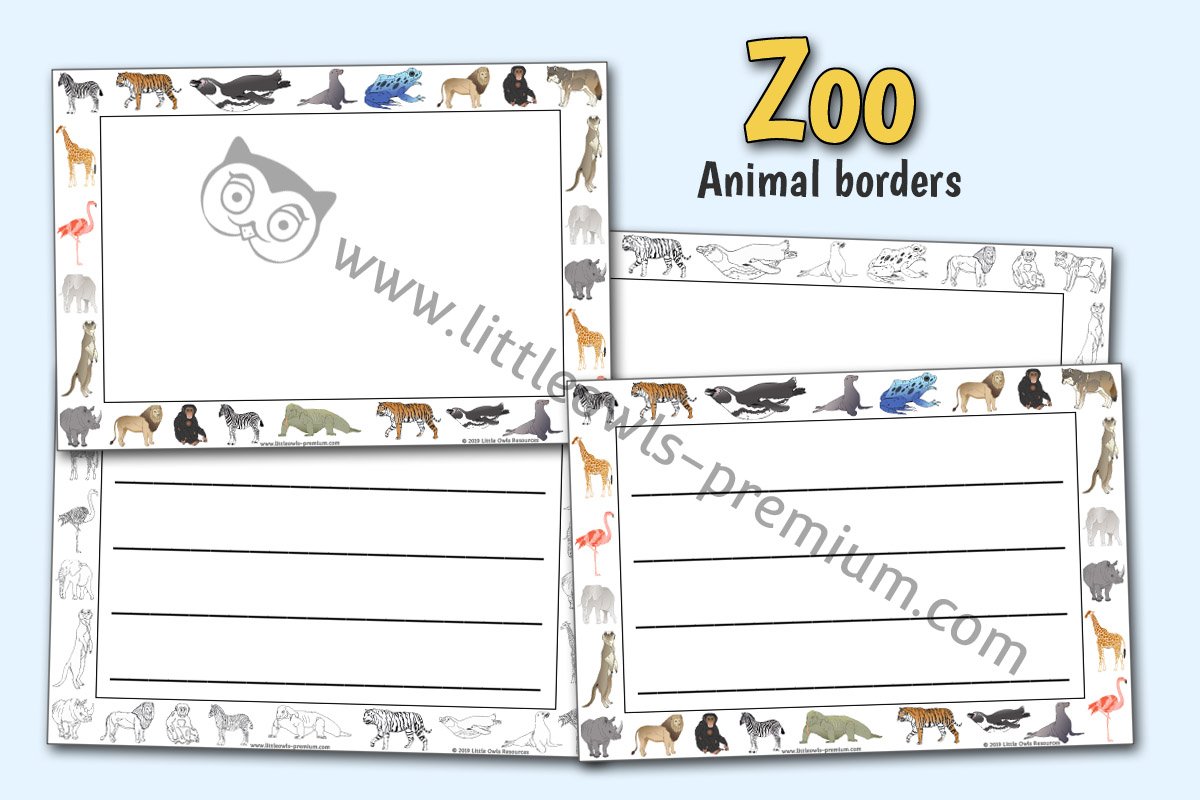


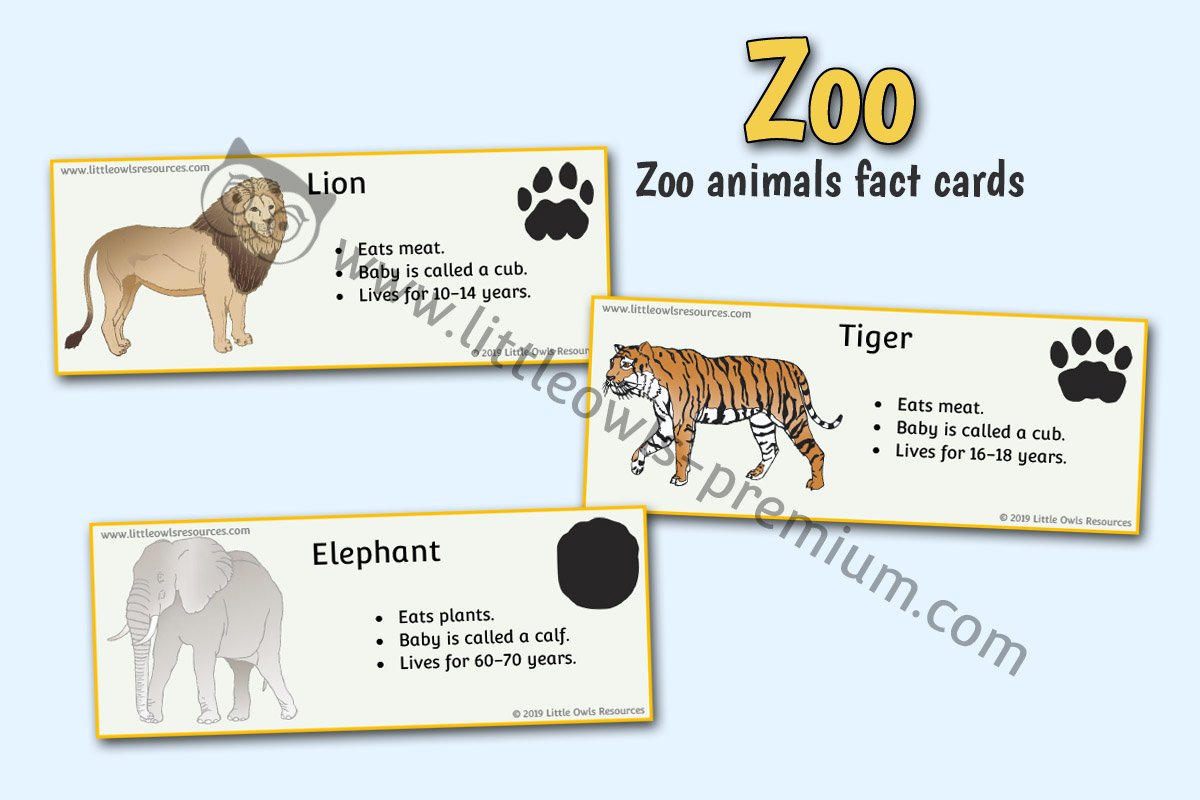
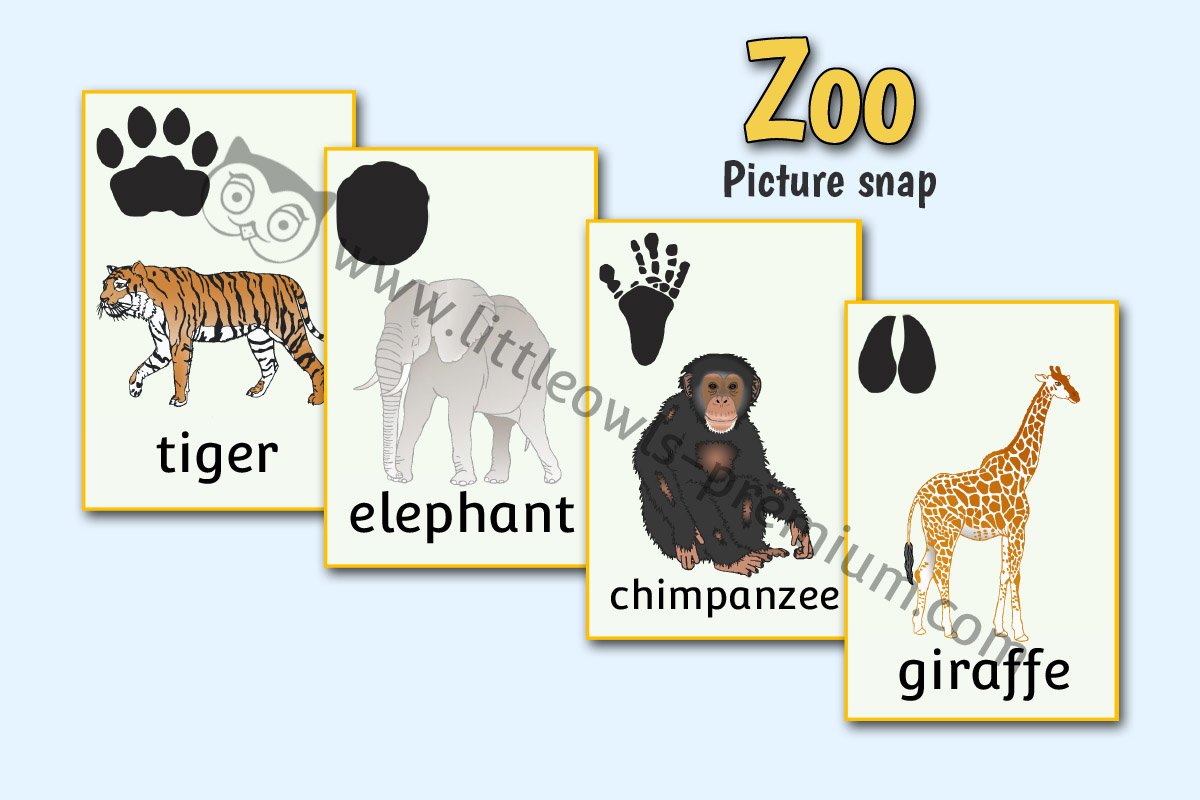



































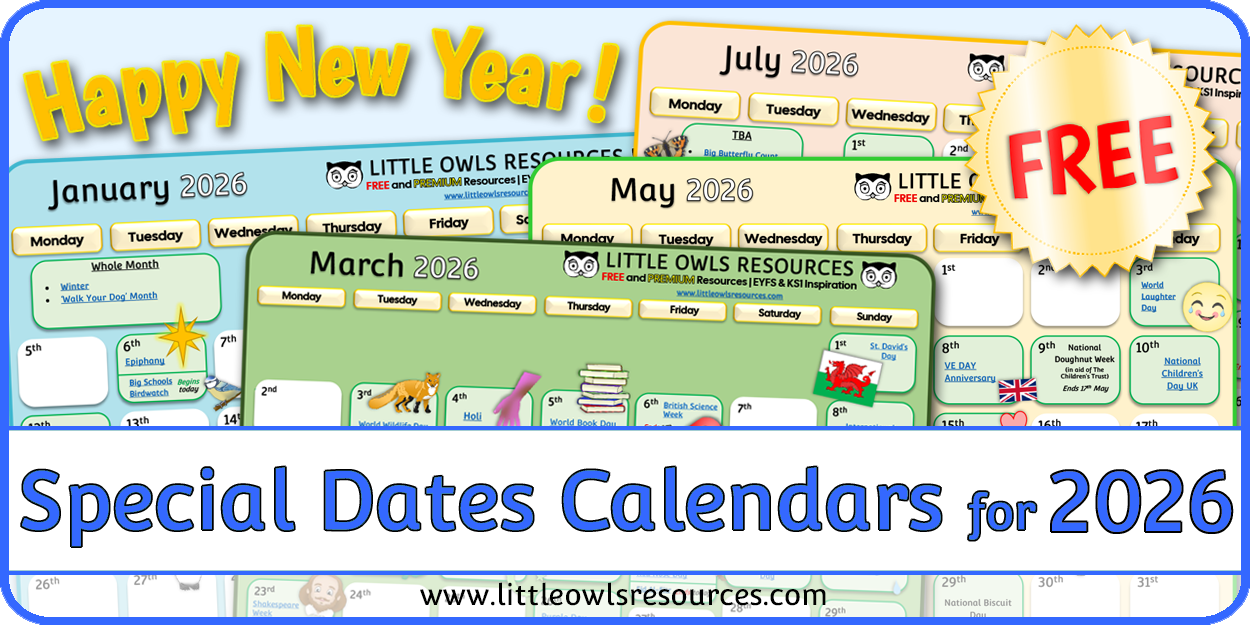
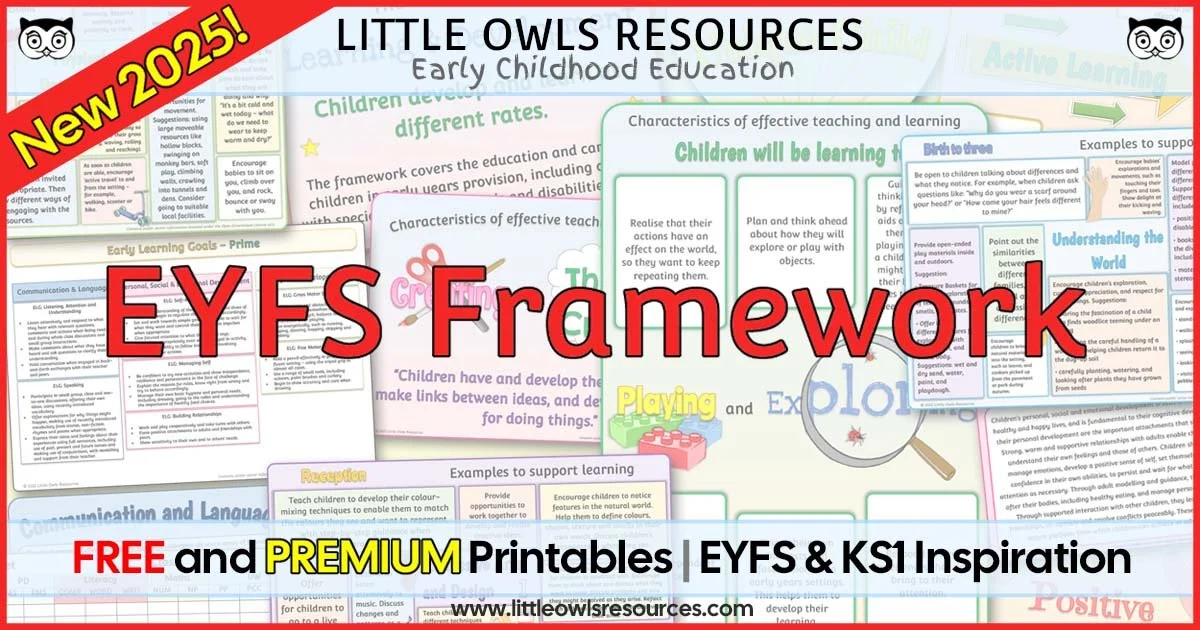

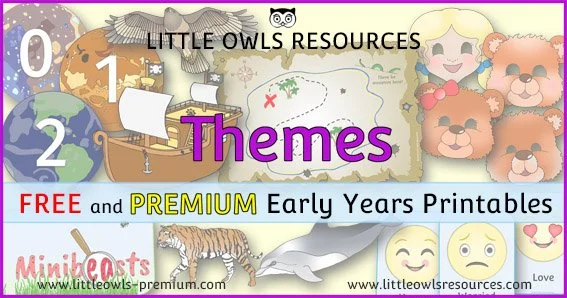

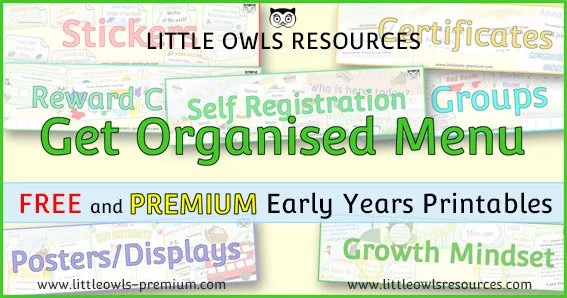

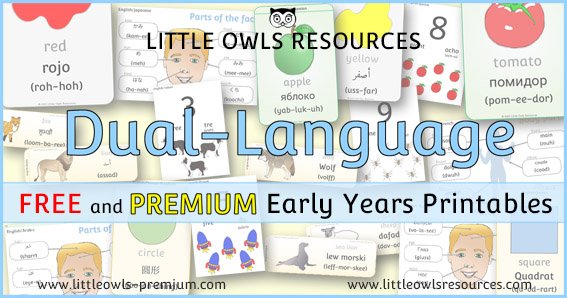
International Day of Friendship (also known as World Friendship Day), observed annually on July 30th, is a heartwarming occasion dedicated to celebrating the…